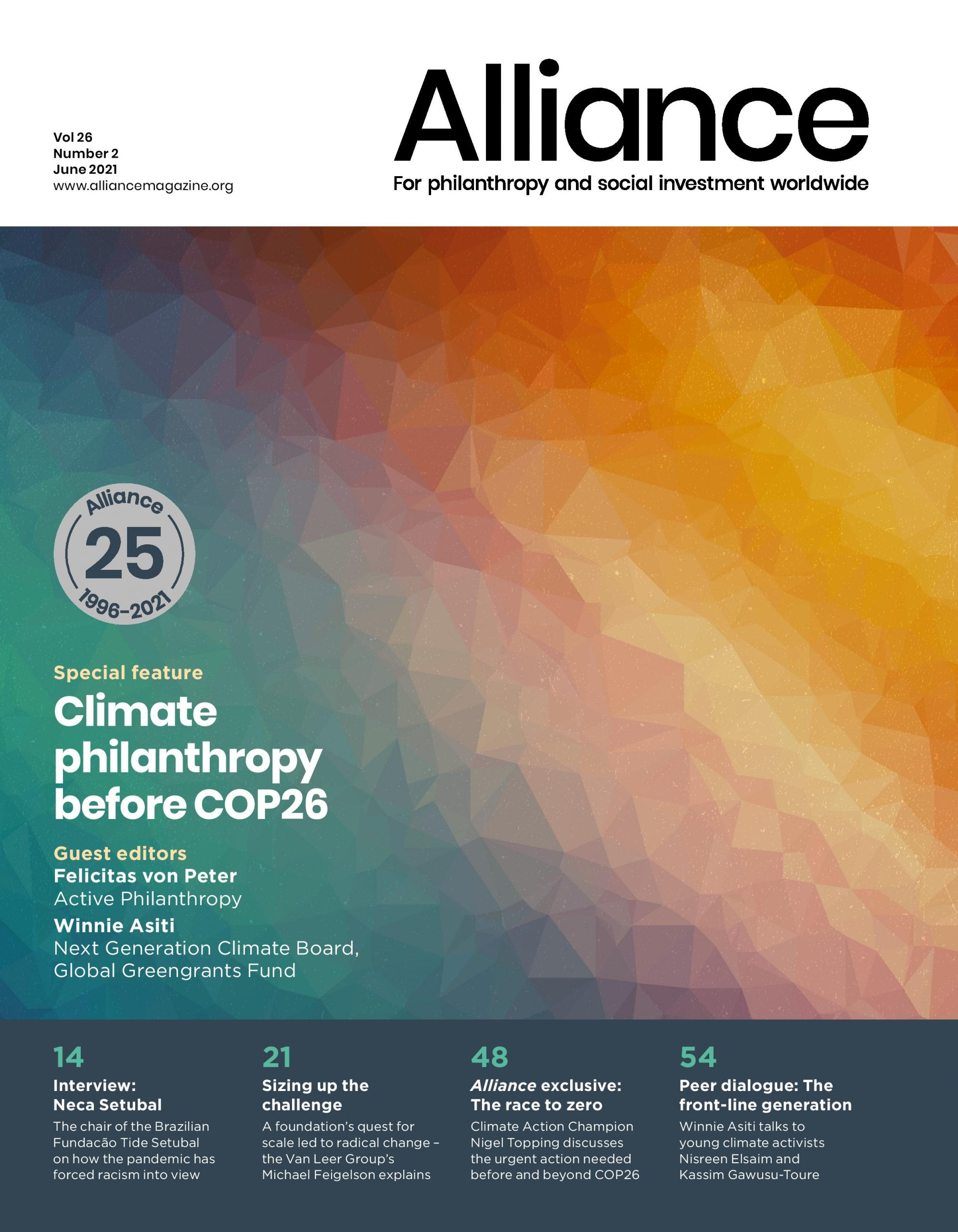Solving climate change is possible, but we have to tell the right stories to the right people – and we have to do it now
If we act now, solving climate change is absolutely feasible. Surging public opinion and the changing economics of energy make a 30-year transition to a zero-carbon economy possible, politically and economically. Governments’ response to Covid-19 has shown that policies conventionally labelled ‘impossible’ are anything but. All the tools are there, but the zero-carbon transition has to see a sharp acceleration now. If we come out of the Covid-19 pandemic on a business-as-usual trajectory of rising emissions, the transition needed to hit 1.5°C will swiftly become so sharp as to look impossible.
The essential question is how to make accelerating decarbonisation part of the story of the ruling party in enough nations to make a difference.
Fundamentally, solving climate change needs relatively few important people – notably government ministers, investors and business leaders – to do things differently. Many are, but not quickly enough. You can sometimes force them – witness for example the seminal court case that Urgenda won against the Dutch government, featured in Alliance – but it is far more effective to persuade a government that it wants to lead the acceleration itself.
I believe that this is the lens through which philanthropy should approach climate change – accelerating decarbonisation now, with strategic communications as the principal tool. Driving progress through changing the narrative.
Identifying the right story
Politicians are fundamentally driven by stories. Every political party has a narrative it tells to itself about itself: ‘we are the party of business’, ‘we stand up for the little people’, ‘we represent the soul of our nation’. So the essential question is how to make accelerating decarbonisation part of the story of the ruling party in enough nations to make a difference.
None of this could have happened without philanthropy. The sums involved were, relatively speaking, tiny; the money was simply used smartly.
The recent transformation in the UK, in which I played a small role as director of the Energy and Climate Intelligence Unit (ECIU), shows this can happen. The 2010-15 Coalition government approached decarbonisation cautiously: ‘The UK should cut emissions in step with the rest of Europe but no faster’. Yet just a few years later, we see that a prime minister with a taste for populist rhetoric is making decarbonisation a central plank of his political identity – trumpeting the national net zero target, promising to make the UK ‘the Saudi Arabia of wind energy’ and preparing to host the crucial COP26 UN Climate Summit.
This change came about essentially because Conservative ministers found a story about climate change that they liked and which the public, business and most of the party’s own members supported.
Creating an effective voice
None of this could have happened without philanthropy. The sums involved were, relatively speaking, tiny; the money was simply used smartly.
Over time, grantees had built constructive, trust-based and effective relationships with politicians on the Right. That created the capacity to develop narratives that Conservative leaders could embrace. Other grantees had developed an understanding of UK journalism and a capacity to engage with it effectively. Trust-based links with statutory advisers, the business community and academics meant their voices could be brought into the public domain at the right time, while philanthropy also helped create a voice for climate action in sectors such as health. None of these grantees had been funded specifically to create a net zero target, but they were given rein to initiate bold ideas.
So, grantees drove the electric car – but philanthropy built the car in the first place. Spotting the opportunity, keeping things consensual, helping Right-leaning champions make their case with accessible scientific, economic and social evidence; because the time was right and the architecture in place, it took little more than that.
Politics always trumps policy, and politics is fundamentally about values, identities and stories. Getting the world on track this year to net zero emissions by mid-century means getting thousands of stories right – above all for governments, but also sub-nationals, business chiefs and investors. You can show them why they should, you can try to force them; but the surest approach of all is to get them to want to.
Richard Black is a former science and environment correspondent with BBC News.
email: rlb360@gmail.com
twitter: @_richardblack
Featured image by Tracey Whitefoot (CC BY 2.0)







Comments (1)
1000% right! So now the same for biodiversity which is hardly on the pitch! Come on green communicators, go for it